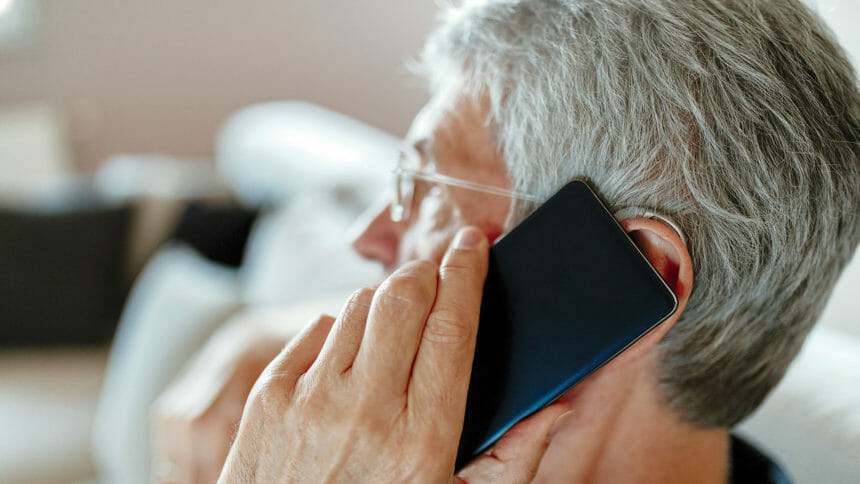Americans are tired of robocalls. And with stay-at-home orders around the country, more of us are encountering an unwanted robocall when we answer our phones, according to a survey by Provision Senior Living.
The St. Louis, MO-based senior living provider operates 15 assisted living and memory care communities in four states. In March and April, the company surveyed 4,038 people to get a sense of how often Americans receive robocalls and the methods they use to avoid them.
Overall, 65% of respondents reported receiving a robocall at least once a day, with 91% saying they are becoming more common. And older adults are among the targets of scam robocalls.
The COVID-19 pandemic has given some callers a new angle, the survey found. Nearly a fourth of respondents said they’ve experienced an increase in robocalls since the onset of the pandemic, and 20% report receiving a call regarding COVID-19.
COVID-19 robocalls most often centered on treatments (22%); financial relief, free testing and virus exposure warnings (18%); whereas 9% involved donation solicitations and low-price health insurance. Along with these calls, 15% of survey respondents said they have received a robocall regarding their stimulus checks from IRS imposters.
Survey respondents said that many times, these calls come from the same caller (77%), who may use different phone numbers (72%). Some of the most common types of robocalls came from a Social Security Administration imposter (39%), an IRS imposter (38%), travel companies (36%), debt collectors (33%) and an FBI / law enforcement imposter (19%).
The Senate Special Committee on Aging’s 2020 “Fraud Book” posted similar findings about scammers impersonating Social Security employees. Americans lost $38 million to scammers impersonating Social Security employees last year, according to Sen. Susan Collins (R-ME), chairman of the committee.
In response to the rise in robocalls, many of us are screening our phone calls. According to survey respondents, 62% won’t answer an unrecognized number if they are not expecting a call, and 70% won’t answer a call from an unknown number.



